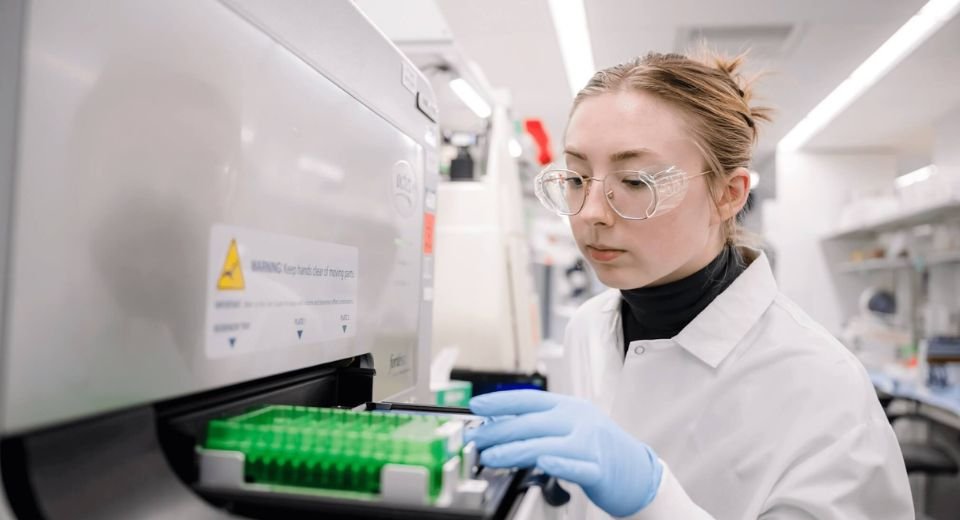HQ Team
July 16, 2025: AstraZeneca Plc’s investigational drug to treat AL amyloidosis, a rare and serious disease affecting the heart and kidneys, failed to meet its main goal of helping people to live longer.
The drug, called anselamimab, was tested in a large clinical trial in patients with AL amyloidosis, which occurs when abnormal proteins build up in organs like the heart and kidneys and cause damage.
The primary goal was to determine if anselamimab could help patients live longer and reduce hospital visits for heart problems compared to a dummy treatment (placebo).
Clinical trials did not achieve “statistical significance for the primary endpoint compared to placebo,” of improving survival or reducing hospital visits, according to a company statement.
In a prespecified group of patients, anselamimab showed benefits of longer survival rates and fewer hospital visits for heart issues compared to those given a placebo, AstraZeneca stated.
First-line treatments
The current FDA-approved first-line treatment for the disease is a combination of four drugs, which are daratumumab, cyclophosphamide, bortezomib, and dexamethasone (called DaraCyBorD).
This regimen targets and kills the abnormal plasma cells to reduce production of the toxic proteins, aiming to achieve a partial response after between four to six treatment cycles.
Current treatments cannot remove these harmful proteins once they are deposited. Anselamimab works by targeting and removing these protein deposits, which could help protect organs and improve patients’ quality of life.
Left untreated, the accumulation of these toxic amyloid deposits, particularly in the heart and kidneys, can cause progressive organ damage and dysfunction and may lead to premature death, most commonly due to cardiac failure.
The drug was generally safe, with side effects similar to those seen in the placebo group, according to the statement.
‘Still studying results’
The company is still studying the full results and will share all the data with health authorities and doctors. If findings hold up, anselamimab could become an important new treatment for this difficult disease, especially for certain patients.
Several monoclonal antibodies, such as isatuximab and elotuzumab, are currently under development or in clinical use targeting different forms of amyloidosis, mainly AL amyloidosis and ATTR amyloidosis.
These antibodies work either by targeting the plasma cells producing harmful proteins or by directly binding and helping remove amyloid deposits from organs.
Alexion Pharmaceuticals, a subsidiary of AstraZeneca Rare Disease, is the primary company developing and testing anselamimab (also called CAEL-101) for AL amyloidosis.
The drug was originally developed by Caelum Biosciences, which is now part of AstraZeneca. AstraZeneca fully acquired Caelum Biosciences in 2021 and now leads the ongoing end-phase clinical trials and further development of the drug.
‘Pre-defined subgroup’
“While the study did not meet the primary endpoint in the overall patient population, results from a pre-defined subgroup suggest that anselamimab, by targeting and clearing amyloid deposits, may address a leading cause of organ damage and functional impairment in these patients,” said Ashutosh Wechalekar, Professor of Medicine and Haematology at University College London and lead principal investigator of the programme.
“The potential to extend survival and reduce cardiovascular hospitalisations would represent a practice-changing advancement for this patient group,” he said.
A prespecified subgroup of patients refers to a specific subset of participants in a clinical study that researchers identify and define before the study begins.
The analysis of how the treatment works in this particular subgroup is planned ahead of time based on known or expected biological or clinical reasons. It is done to avoid biased or misleading results that can happen if subgroups are chosen after seeing the data.
Marc Dunoyer, Chief Executive Officer, Alexion, AstraZeneca Rare Disease, said: “Alexion is pioneering a novel mechanism of action to address organ damage from existing amyloid deposits in patients with AL amyloidosis, a devastating disease often diagnosed in advanced stages with poor prognosis.
“Anselamimab is the first and only investigational fibril depleter to show clinical benefit in AL amyloidosis, and these results underscore its potential to address a critical treatment gap in a prespecified subgroup of patients.”








